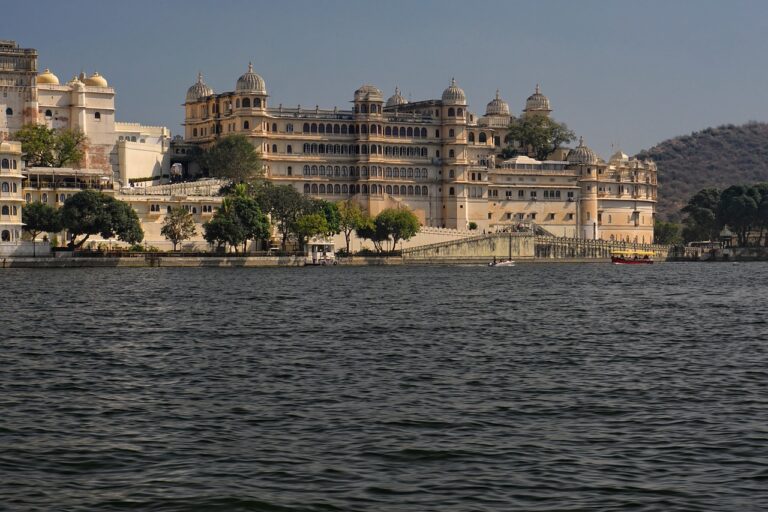Investigating the role of political polarization in modern elections
Political polarization has become a central feature of the contemporary political landscape, profoundly shaping voter behavior. When individuals identify strongly with a particular party or ideology, they are more inclined to support candidates and policies aligned with their own beliefs. This tendency has led to an increasing polarization of the electorate, with voters becoming more steadfast in their political preferences and less likely to engage with contrasting viewpoints.
Moreover, the impact of political polarization on voter behavior can be observed in the way individuals consume and interpret information. Studies have shown that individuals are more likely to seek out and believe information that confirms their existing beliefs, a phenomenon known as confirmation bias. This selective exposure to information further entrenches individuals in their political ideologies, making it challenging for opposing perspectives to penetrate these ideological bubbles.
The Influence of Social Media on Political Polarization
Social media has become a prominent platform for political discourse, as users can easily share their opinions and access information from a wide range of sources. However, this ease of access has also exacerbated political polarization by creating echo chambers where individuals are only exposed to viewpoints that align with their own beliefs. This reinforcement of existing beliefs can lead to a deepening of divides between different political ideologies, as individuals are less likely to engage with contrasting perspectives.
Moreover, the algorithms used by social media platforms are designed to prioritize content that will generate engagement, leading to the proliferation of sensationalist and polarizing content. This means that users are often exposed to extreme viewpoints and inflammatory rhetoric, further amplifying existing divisions within society. As a result, social media has played a significant role in fueling political polarization by perpetuating echo chambers and promoting content that reinforces existing biases.
The Role of Political Parties in Fueling Polarization
Political parties play a vital role in shaping the landscape of political discourse and opinion within a society. Through their messaging, policies, and actions, parties have the power to either bridge divides or deepen existing polarizations among the electorate. In recent years, it has become increasingly evident that many political parties across the globe have chosen to leverage polarization as a strategic tool to rally their base and mobilize support.
Rather than seeking common ground or fostering dialogue, some parties have embraced tactics that exacerbate divisions along ideological, cultural, or socio-economic lines. By promoting an “us vs. them” mentality, these parties heighten social tensions and incentivize voters to align themselves based on identity rather than shared values or interests. The consequence of this approach is a fractured political landscape where cooperation and compromise become increasingly elusive, leading to a cycle of escalating polarization that can hinder effective governance and deepen social rifts.
• Political parties play a crucial role in shaping political discourse and opinions within society
• Parties have the power to either bridge divides or deepen existing polarizations among the electorate
• Many political parties globally have chosen to leverage polarization as a strategic tool for rallying their base
• Some parties promote an “us vs. them” mentality, exacerbating divisions along ideological, cultural, or socio-economic lines
• This approach leads to a fractured political landscape where cooperation and compromise become elusive
How does political polarization impact voter behavior?
Political polarization can lead to voters becoming more entrenched in their beliefs and less willing to consider opposing viewpoints, resulting in increased division and difficulty in finding common ground.
What role does social media play in exacerbating political polarization?
Social media platforms often create echo chambers where individuals are only exposed to information that reinforces their existing beliefs, leading to further polarization and the spread of misinformation.
How do political parties contribute to fueling polarization?
Political parties may engage in divisive rhetoric, polarizing policy positions, and demonization of the opposing party in order to rally their base and gain political advantage, ultimately deepening the divide between different ideological factions.







